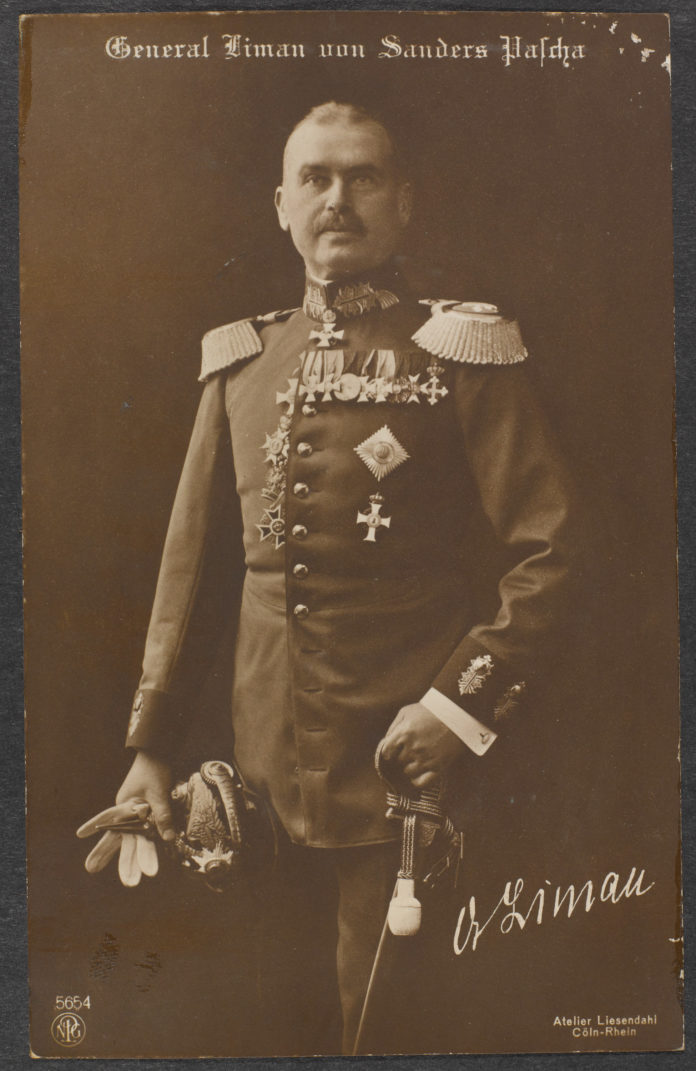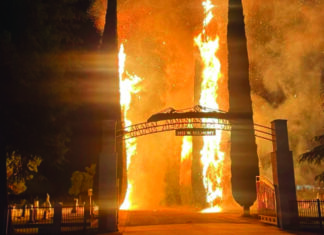By Muriel Mirak-Weissbach, Special to the Mirror-Spectator
DARMSTADT, Germany — What constitutes honor? This is not an abstract question, but a very practical one in connection with a controversy that has recently erupted in Germany. The case involves the designation of “graves of honor” in a historic cemetery in the city of Darmstadt, not far from Frankfurt.
Late last autumn my husband and I were part of a small group of visitors to the Darmstadt Altfriedhof, one of the oldest and most famous cemeteries in Germany. Led by Fred Kautz, a German historian of Canadian descent, we strolled through the grounds, stopping at nine graves, and learned from him and his colleague Peter Behr the stories of those buried there, and why they had — or had not — been granted “graves of honor.” There was the anti-Nazi protestant priest Karl Grein who had defended church worship for his congregation; Konrad Mommsen and his wife Ulla, also anti-Nazis, who published the “Political Testament” of his grandfather Theodor Mommsen after the war; communist resistance fighter Georg Fröba; and, naval Captain Ludwig Fischer, who saved 28 seamen in a shipwreck, even at the cost of his own life.
Then we came to the grave of General Liman von Sanders (1855-1929), who had been accorded this honor for his military service in World War I, as one of the German generals engaged in the Dardanelles, leading Ottoman Empire forces. On his tombstone was inscribed not only his official military title but also “The Victor of Gallipoli.” We then learned that in 2015, General von Sanders was formally divested of this honor, along with six other deceased. The reason? Officially, because of his role as a military officer in that war. In fact, the other military figures buried with honors were similarly defrocked by order of the Darmstadt city authorities on grounds that “their status rested exclusively on military successes.”
But that is not the end of the story. Those Armenians who know the name Liman von Sanders also know (or should know) that he was responsible for actions which saved the lives of an estimated 6,000-7,000 Armenians in Smyrna (Izmir). Should he not be honored for this?
Removing the Laurels










